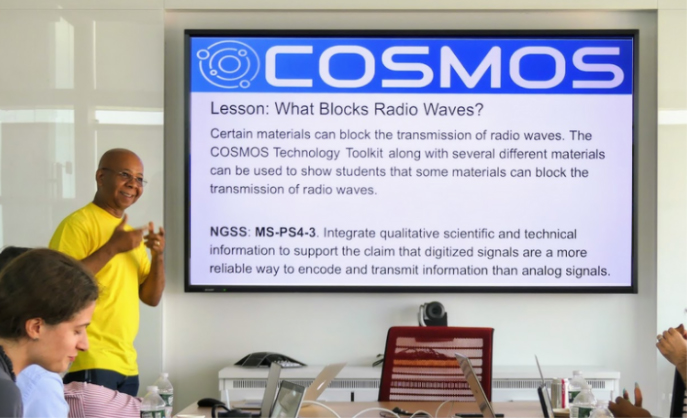
A new publication about the COSMOS Educational Toolkit has been published with a public review in the ACM SIGCOMM Computer Communication Review, Oct. 2020 issue.
The paper describes the ways in which the COSMOS Educational Toolkit and professional development framework of the summer program tackle nationwide challenges of providing enriching hands-on STEM education opportunities for diverse learners. The platform provides K-12 teachers and their students a rich experience in which to provide real-world contexts for mathematics, science, computer science, and engineering concepts learned within their NGSS-aligned curriculum. Through the summer program, participating teachers gain in-depth knowledge about wireless communications such that they can integrate their knowledge through toolkit lessons with their students during the academic year. The hardware system of the COSMOS Educational Toolkit serves as an innovative learning platform for students to engage in wireless technology experiments at a low-cost, inspired by the COSMOS research testbed deployed in West Harlem.
The public review was written by Dr. Matthew Caesar, Associate Professor in the Department of Computer Science at the University of Illinois at Urbana-Champaign. In the review, Dr. Caesar noted that the COSMOS platform “provides instruction in a number of exciting technologies, exposing students to how wireless works, IoT, and much more.” The COSMOS Educational Toolkit is highlighted as “thoughtfully designed” and demonstrates the impact of how it has “touched the lives of many hundreds if not thousands of students from underprivileged and minority communities.”
[1] P. Skrimponis, N. Makris, S. Borges Rajguru, K. Cheng, J. Ostrometzky, E. Ford, Z. Kostic, G. Zussman, and T. Korakis, “COSMOS Education Toolkit,” ACM SIGCOMM Computer Communication Review , vol. 50, no. 4, , p. 58-65,Oct. 2020. [doi] [download]


